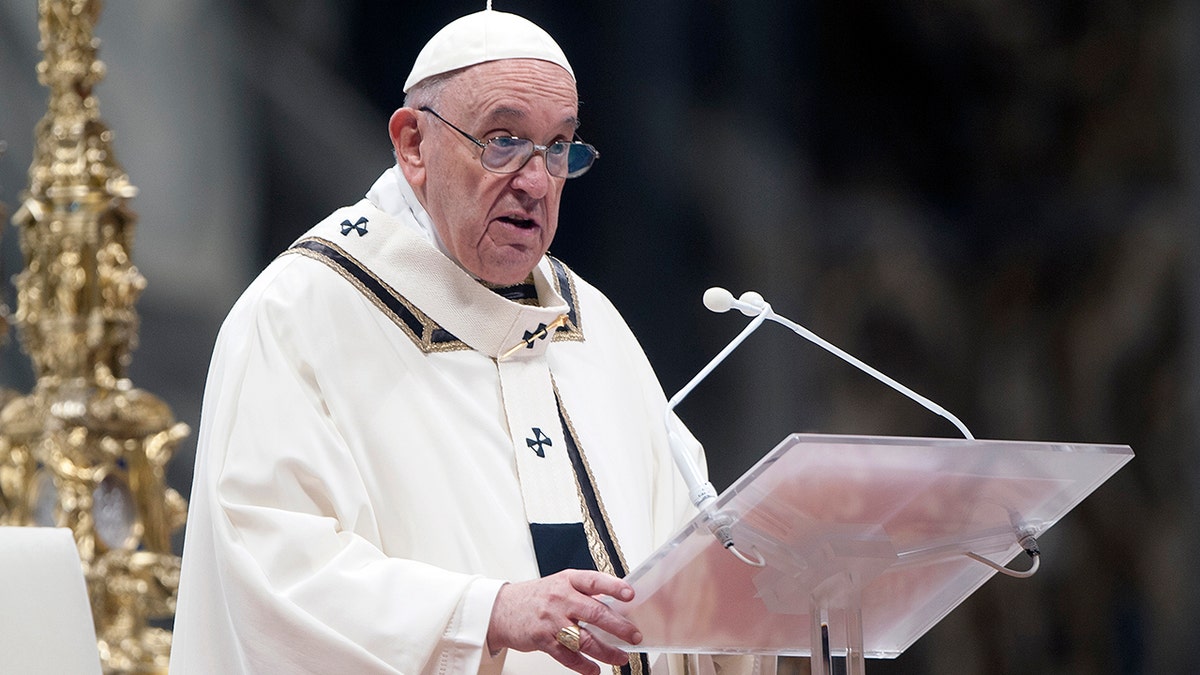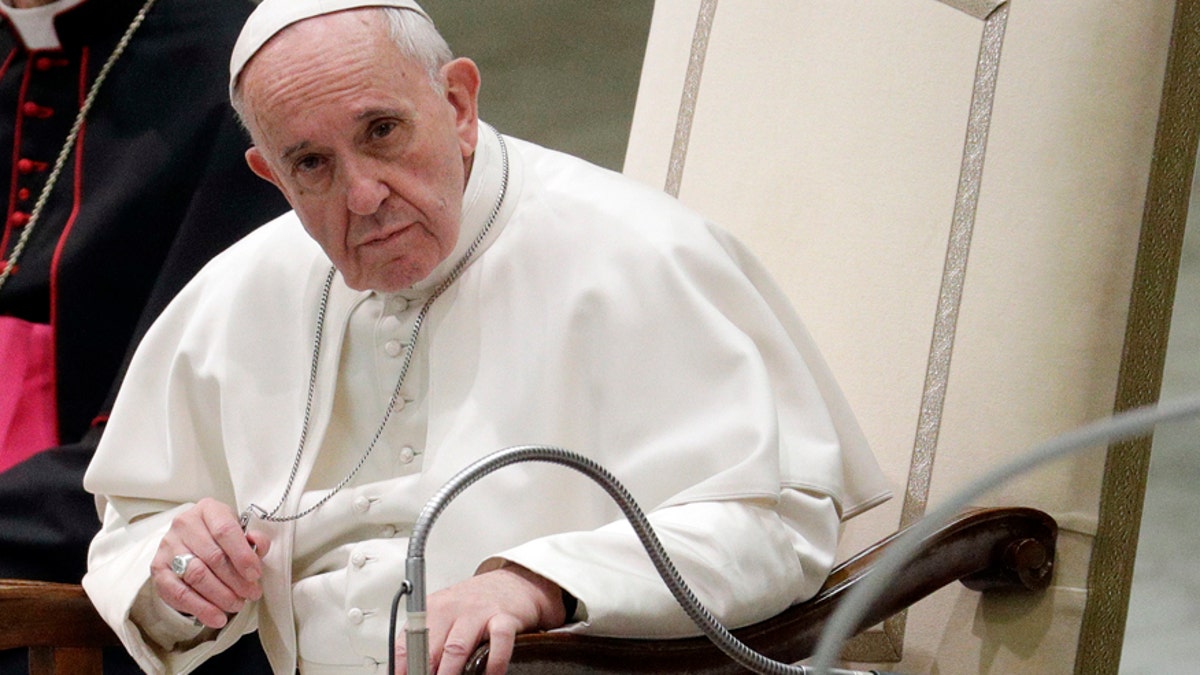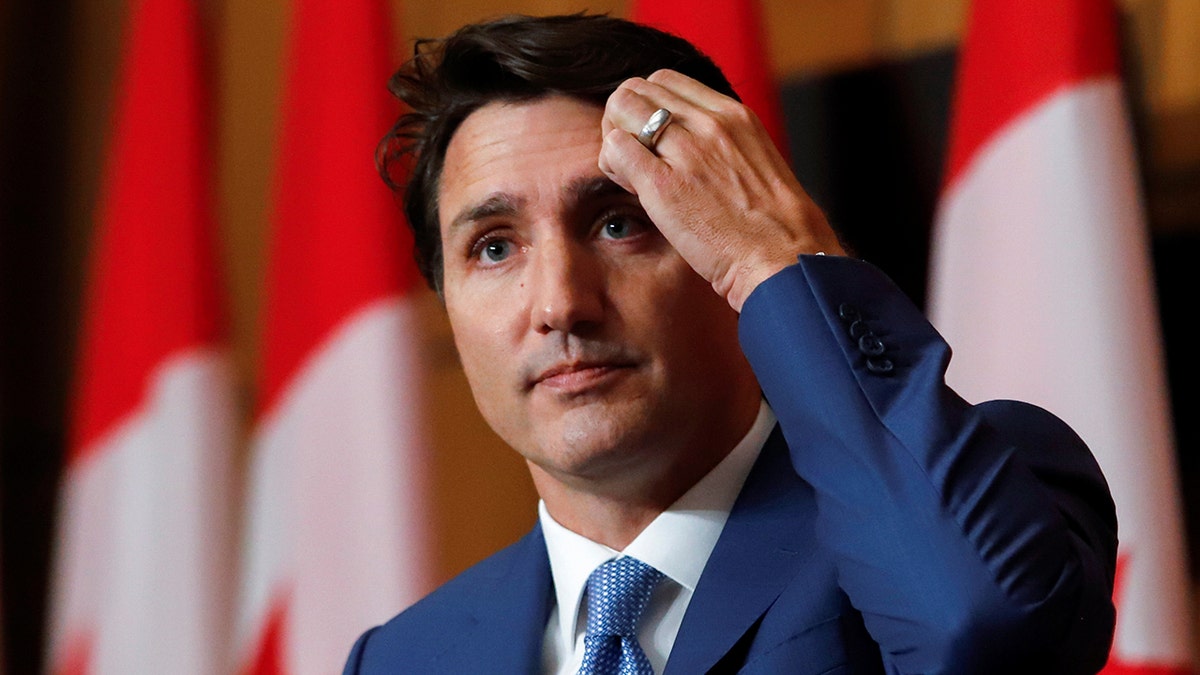Fox News Flash top headlines for July 28
Fox News Flash top headlines are here. Check out what's clicking on Foxnews.com.
The Canadian government said Pope Francis' apology for the abuse of Indigenous children in the country’s church-run schools was not enough, arguing that the Catholic Church should acknowledge its central role in the scandal.
Canadian Prime Minister Justin Trudeau demanded "apologies for the role that the Roman Catholic Church, as an institution, played in the mistreatment on the spiritual, cultural, emotional, physical and sexual abuse that Indigenous children suffered in residential schools run by the church," on Wednesday while speaking before Francis, according to the Associated Press.
At issue is the decades-long abuse Canadian Indigenous children faced in the country's residential schools that were run by the government and the church in an effort to make students assimilate into Canadian culture. The children were forcibly removed from their homes and separated from the influence of their parents and native culture at the schools, where the Canadian government says sexual abuse was common and students were beaten for speaking their native languages.
Francis was in Canada as part of a "penitential pilgrimage" to atone for the church's role in the scandal, though the pope has been reluctant to name the Catholic Church as the institution responsible for the abuse.
POPE FRANCIS DESCRIBES PRESSURES OF THE PAPACY: 'SOMETIMES, YOU FEEL YOU ARE NUMB'

Pope Francis. (AleVatican Pool/Getty Images)
The pope on Monday apologized for the "evil" of the church personnel who took part in the abuse and the "catastrophic" effect the system had on the Indigenous children. In a Wednesday speech before the Canadian government, Francis apologized again and called the school system "deplorable."
But Francis also pointed out that the schools were "promoted by the governmental authorities at the time" to promote assimilation, though he did note that "local Catholic institutions had a part" in implementing the policy.
More than 150,000 Native children in Canada were taken from their homes and put in the schools until the 1970s, with Indigenous peoples long calling on the Catholic Church to acknowledge its central role in providing institutional support to the system instead of only condemning individual Catholic priests and religious orders.

Pope Francis. (AP)
Indigenous protesters on Thursday also called on the pope to formally rescind papal decrees related to the church's "Doctrine of Discovery," which paved the way for the colonial-era seizure of Native lands.
The 15th century papal decrees provided European kingdoms religious justification for colonizing new territory, which the church at the time said could help spread Christianity.
Indigenous Canadians believe the doctrine was at least partially responsible for the schools that ultimately resulted in the abuse of thousands of Indigenous children, with some protesters unfurling a banner at a Thursday mass that read: "Rescind the Doctrine."
Trudeau, a Catholic, has also called on the pope to do more to atone for the abuses and to "address the Doctrine of Discovery."
CLICK HERE TO GET THE FOX NEWS APP

Canada's Prime Minister Justin Trudeau. (REUTERS/Patrick Doyle)
The Canadian government formally apologized for its role in the abuses in 2008, when former Canadian Prime Minister Stephen Harper called the scandal a sad chapter in the country's history. The Canadian government has paid billions in reparations to 90,000 survivors of the schools as part of a lawsuit settlement, while the Catholic Church has paid out $50 million and has committed to paying $30 million more over the next five years.
Francis on Wednesday said that the wounds from the scandal will take time to heal, but noted that his visit and apology were first steps in a "fraternal and patient journey" to work toward "healing and reconciliation."
"It is our desire to renew the relationship between the Church and the indigenous peoples of Canada, a relationship marked both by a love that has borne outstanding fruit and, tragically, deep wounds that we are committed to understanding and healing," he said.

